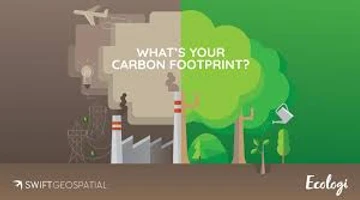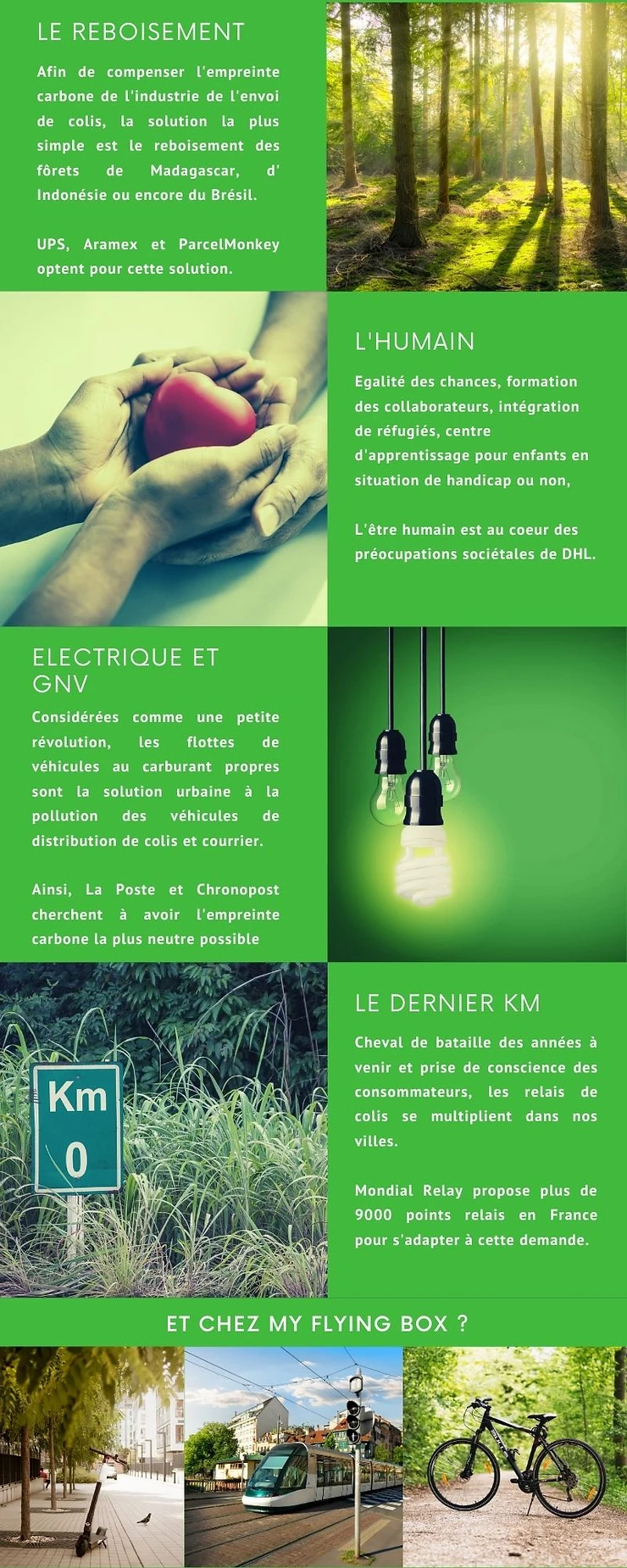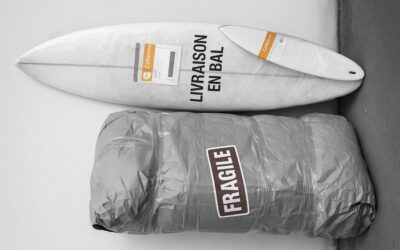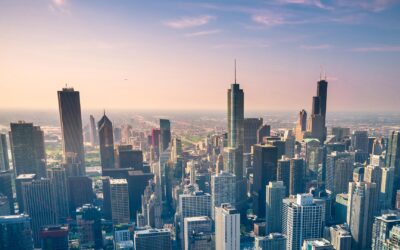
« En tant qu’acteurs du transport, vous êtes une partie de la solution. Si l’empreinte du transport reste forte, ne nous arrêtons pas là-dessus et trouvons des solutions ». C’est sur ces mots d’encouragement d’Isabelle Autissier, présidente du WWF France, qu’a débuté l’édition 2020 des Rendez-vous du transport et de la logistique éco-responsable, évènement organisé le 6 octobre 2020 dans le cadre du programme Engagements volontaires pour l’environnement (EVE) qui portait cette année sur : « La transition écologique du transport et de la logistique : une opportunité pour sortir de la crise ». Où comment donner un souffle RSE au secteur du transport de colis ?
2,760 packages sent... per second
Le constat est flagrant : le monde a expédié 2,760 colis par seconde en 2018, soit plus de 87 milliards de colis. Le chiffre est en forte hausse comparé à 2017, année où il s’établissait à 74,4 milliards. Cette croissance massive est en grande partie due à l’emprise sur le commerce des géants d’internet.
According to a recent 2019 Accenture study, the global package delivery industry is estimated to be worth $343 billion by 2020 and the volume of goods shipped in that same world is estimated to increase fourfold between 2015 and 2050!
Catalogued as one of the most polluting industries, the parcel transport sector has long implemented a sustainable and environmental CSR policy.
🎁 At the end of the article, a little bonus gift, My Flying Box offers you an infographic on the CSR commitments of this sector.
A repository dedicated to logistics
Dans une filière où les questions d’écologie, de santé et de sécurité au travail et de relation client/prestataire sont prégnantes, de nombreux défis sont à relever pour adopter une démarche RSE vertueuse. En septembre 2018 le ministère de la Transition Ecologique et Solidaire dévoilait un référentiel RSE dédié à la logistique. Depuis, logisticien, transporteur… et autres acteurs du secteur se mobilisent autour de leur responsabilité sociétale.
Here is a small overview of the challenges of sending packages, with ingenious actions :
Planter des arbres : le grand classique mais surtout le plus simple
Le site ecologi s’est spécialisé dans ce domaine : sa solution est ludique et est aussi bien destinée aux familles qu’aux entreprises. Une interface simple et drôle qui se programme selon le nombre de salariés de votre entreprise, leur sédentarité et déplacements professionnels. De ces caractéristiques, le logiciel calcule alors votre empreinte carbone et les solutions pour la rendre le plus neutre possible.
The interface allows you to access your virtual Ecologi "garden", the age of your virtual "plantations", their variety as well as the place of plantation (geographical indication and satellite view). It is also possible to subscribe to options by joining humanitarian projects such as bringing drinking water to Haiti or building windmills in India.

❤ Personnellement, je suis fan de ce concept stratégique, de l’interface et surtout de la simplicité d’utilisation.
Putting the human aspect first
Que cela soit par la mise en place d’une charte contre l’esclavagisme de l’homme moderne rédigée et signée par Parcel2Go qui s’engage à veiller au respect des droits de l’Homme et quelle que soit l’étape de sa chaîne logistique ou par divers engagements caritatifs, l’humain est l’une des principales priorités des acteurs de la logistique.
Depuis 2015, DHL soutient également les réfugiés grâce à des activités de citoyenneté d’entreprise. L’objectif du transporteur est de préparer ces hommes et ces femmes aux exigences de la vie professionnelle et améliorer leurs chances sur le marché du travail. Ainsi, 11,000 réfugiés ont pu signer des contrats de travail avec le groupe allemand depuis le début du programme.
DHL Freight, de son côté, soutient depuis six ans un centre de réhabilitation pour enfants autistes en Chine. Grâce à leurs cours et à leurs diverses activités de loisirs en groupe, les enfants ont la possibilité de mener une vie heureuse.
L’électrique ou carburant alternatif
Parmi toutes les solutions possibles en matières de RSE dans le secteur du transport de colis, nombreuses sont les sociétés qui ont opté pour un parc de véhicule « propre » roulant au GPL ou à l’électrique. Chronopost a ainsi déployé une flotte de véhicule à motorisation alternative (195 véhicules électriques, 40 au Gaz Naturel – GNV, 15 vélos-cargos) dans Paris, traitant 25,300 colis quotidiennement depuis des sites appelés « les Chrono City ».
Ce nouveau maillage urbain a permis à Chronopost de réduire ses émissions de 87 % pour ce type d’activité, soit 560 tonnes de CO2 évitées par an.
La Poste, numéro un mondial des flottes « branchées » est pionnière sur le sujet. L’entreprise française dispose de la première flotte de véhicules électriques au monde et en fait un avantage concurrentiel.
The greening of its fleet has enabled it to reduce its CO2 emissions from 171,000 tons in 2012 to 139,000 tons in 2017, a 19% decrease in five years.
At the same time, the group is also working to improve the energy efficiency of its buildings and offset residual emissions.
The last mile
Dans le jargon du e-commerce, le dernier kilomètre fait référence à la phase finale de la livraison d’un colis. C’est le stade crucial qui doit être optimisé à des fins des enjeux économiques, logistiques et écologiques, tout en assurant la satisfaction du client.
À l’échelle nationale, le dernier kilomètre pèse environ 20 % du trafic, occupe 30 % de la voirie et se trouve être à l’origine de 25 % des émissions de gaz à effet de serre. Au fur et à mesure que le produit se rapproche de son destinataire final, le coût unitaire de transport augmente et arrive donc à son apogée au cours du dernier kilomètre. D’ailleurs, nombreuses sont les solutions qui dans le futur proposerons des alternatives non plus au dernier kilomètre, mais aux derniers mètres.
Selon l’IFOP, 23 % des internautes utilisent les points relais comme mode de livraison principal. Ils représentent un avantage certain sur le plan économique puisque ce système limite le nombre d’arrêts des livreurs (15 arrêts en moyenne pour les points relais contre 50 pour les livraisons à domicile). La livraison en point de dépôt est donc moins coûteuse que la livraison à domicile et elle a également un impact environnemental positif.
Delivery in Point Relais
Ainsi, Mondial Relay livre uniquement en Points Relais® (et Drives pour les colis volumineux) en France, un mode de livraison optimisé limitant les émissions de CO2 grâce à sa possibilité de livrer simultanément plusieurs dizaines de colis en un point. L’utilisation des mêmes transports pour la livraison et la collecte de colis évite ainsi d’avoir des camions roulant à vide. Mais au-delà de ça, il y a un réel avantage à ce mode de livraison pour le consommateur : éviter des échecs de livraison puisque le colis est à disposition au Point Relais®, et peut être récupéré au jour et à l’heure qui convient pendant 14 jours. Et cerise sur le gâteau, les transporteurs de Mondial Relay proposent une offre négociée de véhicules roulant au gaz naturel.
Prochainement :
Avec l’émergence de nombreuses solutions basées sur le machine learning et l’intelligence artificielle, des sociétés travaillent sur l’uilisation de l’intelligence artificielle (IA) pour la gestion des stocks : L’IA est utilisée pour optimiser la gestion des stocks, réduire les gaspillages et minimiser l’impact environnemental. Les algorithmes d’IA permettent de prédire la demande, d’optimiser les niveaux de stock et de réduire les pertes. Le monde de la logistique va se transformer petit à petit.
And what about us ?
At My Flying Box, we ensure that our partners' CSR commitments are respected and we support them in this process.
Our team travels by electric urban transport (train or tramway), electric bicycle, scooter and even carpooling. We prefer to work from home in order to reconcile family and professional life.




